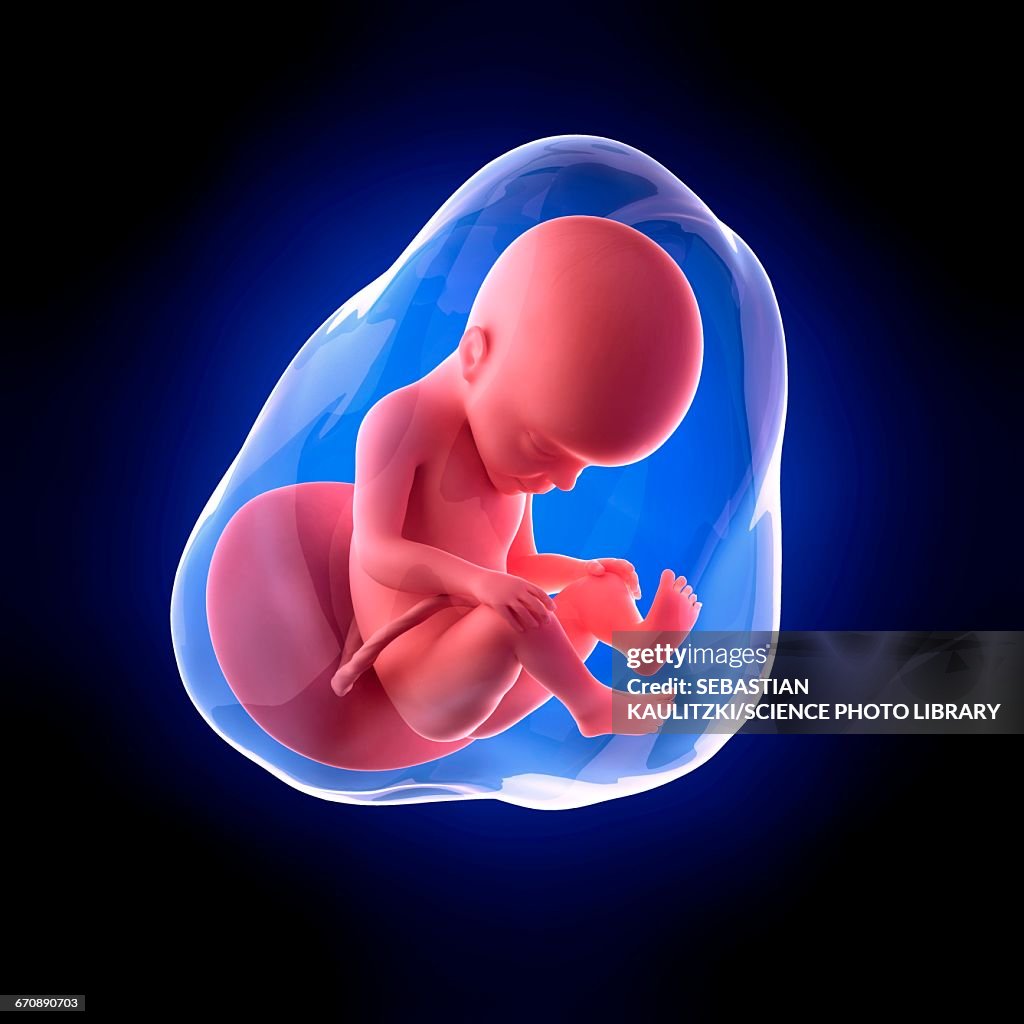Fetal Development In Other Senses?

Let’s explore the fascinating world of fetal development in various senses beyond touch. While touch is the earliest sense to develop, other sensory systems also play crucial roles during gestation.

1. Vision:
- Eye Development: The eyes begin forming early in fetal development. By the end of the first trimester, the basic structures of the eye, including the retina and lens, are in place.
- Light Perception: Although the fetus is surrounded by darkness in the womb, they can perceive changes in light intensity. Light filtering through the abdominal wall and amniotic fluid reaches the developing eyes.
- Pupillary Reflex: By the third trimester, the fetus exhibits a pupillary reflex, where the pupils constrict in response to bright light.
2. Hearing:
- Auditory System Formation: The inner ear and auditory pathways develop during early gestation.
- Sound Perception: By the second trimester, the fetus can hear external sounds. They respond to maternal voices, music, and even loud noises.
- Maternal Heartbeat: The rhythmic sound of the mother’s heartbeat provides a comforting environment for the developing fetus.
3. Smell:
- Olfactory System: The brain’s olfactory center forms very early in fetal development.
- Amniotic Fluid Odors: The fetus is exposed to various smells through the amniotic fluid. These odors come from the mother’s diet and other environmental factors.
4. Taste:
- Taste Buds Formation: Taste buds begin forming early in fetal development.
- Preference for Sweetness: Babies prefer sweet tastes over sour or bitter tastes. This preference likely influences their preference for breast milk.
5. Other Senses:
- Balance (Vestibular System): The inner ear, responsible for balance and spatial orientation, develops during gestation.
- Temperature and Pressure Sensing: The fetus can sense temperature changes and pressure variations within the womb.
Remember that the womb provides a unique sensory environment, and the fetus experiences sensations differently from how we do outside. These early sensory experiences contribute to their overall development. 🌟
References:







Responses